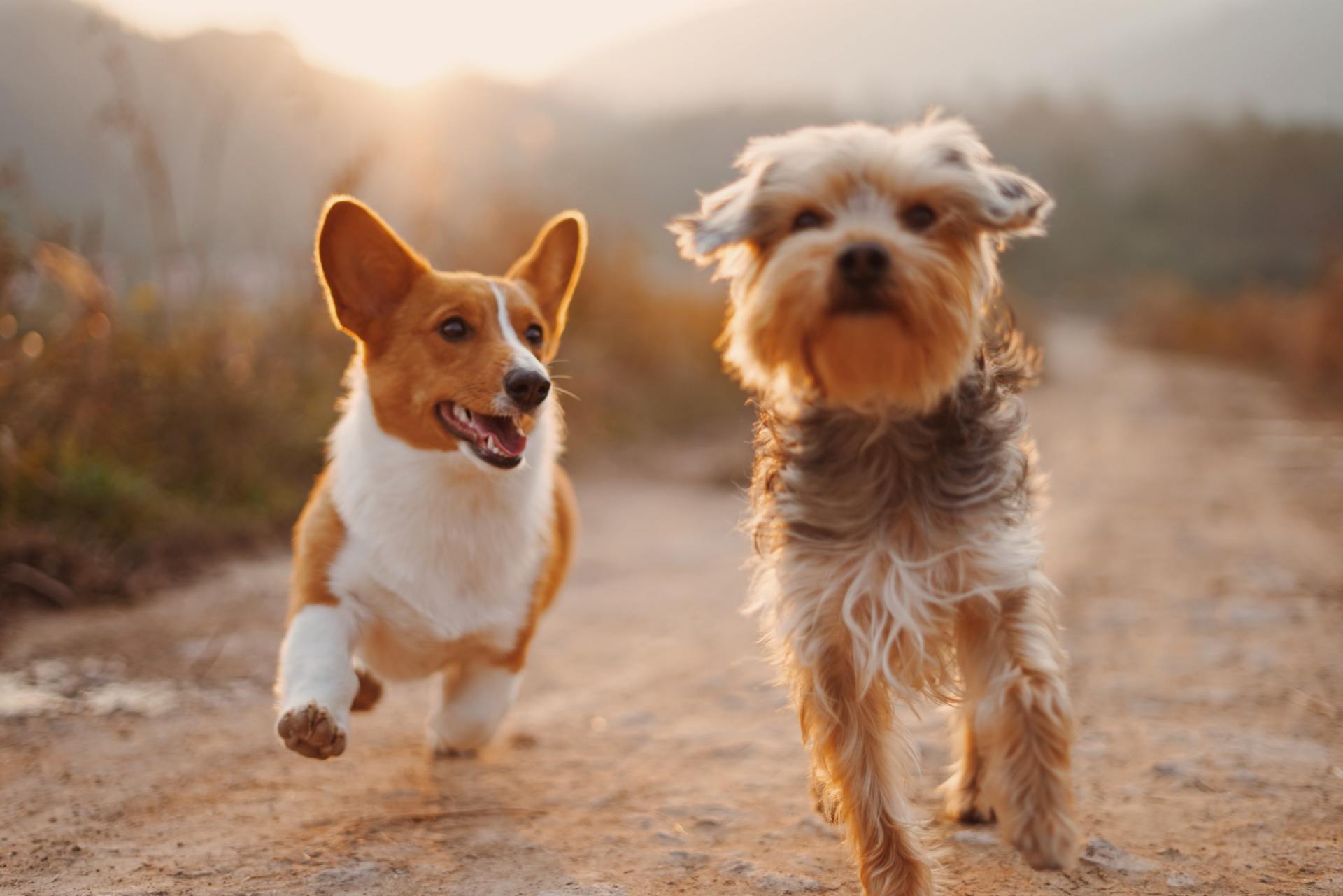Wolves at the door Source: University of Leeds, September 2021. Large wolf populations are expanding across Europe, in areas where they were once extinct, then protected, and recently hunting has been allowed to reduce numbers. In the USA, ex-president, Donald Trump removed wolves from the endangered list and allowed them to be hunted, which has resulted in decimation of their number. Spain is home to Europe's largest wolf population, – estimated between 2,000-2,500 – where they still remain protected. Experts are calling for increased support for communities to encourage harmonious relationship with their new neighbours.
The research team from Leeds went to Spain to explore the conditions under which humans and wolves can coexist. The return of top predators is a hopeful sign for the global restoration movement, a crucial part of dealing with the ongoing biodiversity and climate crises by natural regulation of ecosystems, partly by keeping herbivore numbers in check. A key challenge is preparing and supporting communities, especially farming communities.
Some communities such as Sierra de La Culebra in north west Spain have lived alongside wolves for generations, they have adopted various successful coping methods to coexist. They keep guardian dogs and enclose their animals at night. These methods are more labour intensive and costly, but they work. Another strategy is to ensure the wolves have sufficient prey in their territorial areas and to define those areas. Under wolf protection laws, livestock damage compensation programs exist.
Dingoes, like wolves usually control their population growth by breeding only once a year and depending on environmental factors. The loss of pure dingo populations across much of Australia has resulted in an overpopulation of kangaroos in some areas, and the loss of small native species to cats and foxes; these small native species dingoes do not normally hunt.
Photo: Iberian Wolf
MORE SCENIC NEWS
-
ANNE HOITINK – APRIL 2, 1945 – MARCH 15, 2024
Mar 28, 2024ButtonMigrated to Australia on 29 November 1952, aged 7 years. Going directly to the suburb of Reid in Canber...
-
DO HOP IN FOR A NEW MONTE LUPO EXHIBITION
Mar 28, 2024ButtonMonte Lupo was established by Multicap in 1991 to provide meaningful employment to people living with di...
-
KERRI: AN HONOUR TO FILL THE ROLE FOR DIVISION 2
Mar 28, 2024ButtonDuring the pre-poll part of the campaign, I was very grateful for the opportunity to be able to meet an...
-
A NEW CHAPTER FOR WOLVES BASKETBALL
Mar 28, 2024ButtonAs the sun sets on an incredible experience, it's time for me, Adam Chanter, to say farewell as the Pre...
-
COMMUNITY CAMERA ALLIANCE – YOUR CHANCE TO HELP
Mar 28, 2024ButtonIt's essential for community members to remain vigilant and take steps to safeguard their properties and vehicle...
-
GALLERY’S $30,000 MAJOR ART AWARD RETURNS
Mar 28, 2024ButtonThe award, named after the sacred mountain which the Gallery overlooks, is open to artists living across the...
-
GRAND OPTIONS CATER TO MOST NEEDS AND TASTES
Mar 28, 2024ButtonFor weddings, services can be held in The Old Church, which stands as a proud member of architecturally sig...
-
GREAT SUCCESS FOR LITTLE ATHLETES
Mar 28, 2024ButtonRuby, Lily, Talia, Torah, Hugo, Leiawyn, Aric, Dean, Mitchell, Harvey and Noa; you all should be so proud ...
-
THIS TIME, IT REALLY DOES MATTER – HAVE YOUR SAY
Mar 14, 2024ButtonPaul Williams, a political scientist from Griffith University, offers insights into the “candidate scarcity...
-
THE LONG ROAD SPORTS CENTRE AND REGIONAL SPORT - WHERE DO YOU STAND
Mar 14, 2024ButtonThe SRRC Sports strategy 2010-2020 is to be shortly superseded by the 2024 – 2034 SRRC Sports Strategy....
LOCAL BUSINESS
COLUMNS
-
Beauty & Wellness
ButtonWriter: Rebecca Mander - Naturally Cos
-
Community Care
ButtonWriter: Geoff Marshall
-
Embrace
ButtonWriter: Jaap Vogel
-
Food for Thought
ButtonWriter: Dylan Gittoes
-
Hooked on Books
ButtonWriter: Friends of TM Library
-
Living with Dogs
ButtonWriter: Pam Brandis (Dip. Canine Prac.)
-
Nature Notes
ButtonWriter: Nadia O’Carroll
-
Pastor Kim
ButtonWriter: Pastor Kim Dale
-
Physio Talk
ButtonWriter: Neil Bell (Tamborine Mountain Physique)
-
Police News
ButtonWriter: Sgt Mark Shields
Officer in Charge
North Tamborine Police
-
Politics
ButtonWriter: Local Councillors and Representatives
-
Relationships
ButtonWriter: Linda Gray
-
The Mtn Midwife
ButtonWriter: Bree Lowing (Registered Midwife)
-
Travelling Places
ButtonWriter: Travelling Places Tamborine Mtn
-
Wine chat
ButtonWriter: Imogen Mulcahy
-
Yoga Under the Bodhi Tree
ButtonWriter: Margot Wagner
Your Local Paper
to read, keep & share

Your Local Paper
to read, keep & share
CONTACT
PO Box 118, North Tamborine Qld 4272
Phone: 0407 671 286
Email:
news@tmnews.com.au
ads@tmnews.com.au
Design by BjornSchmal.com


















